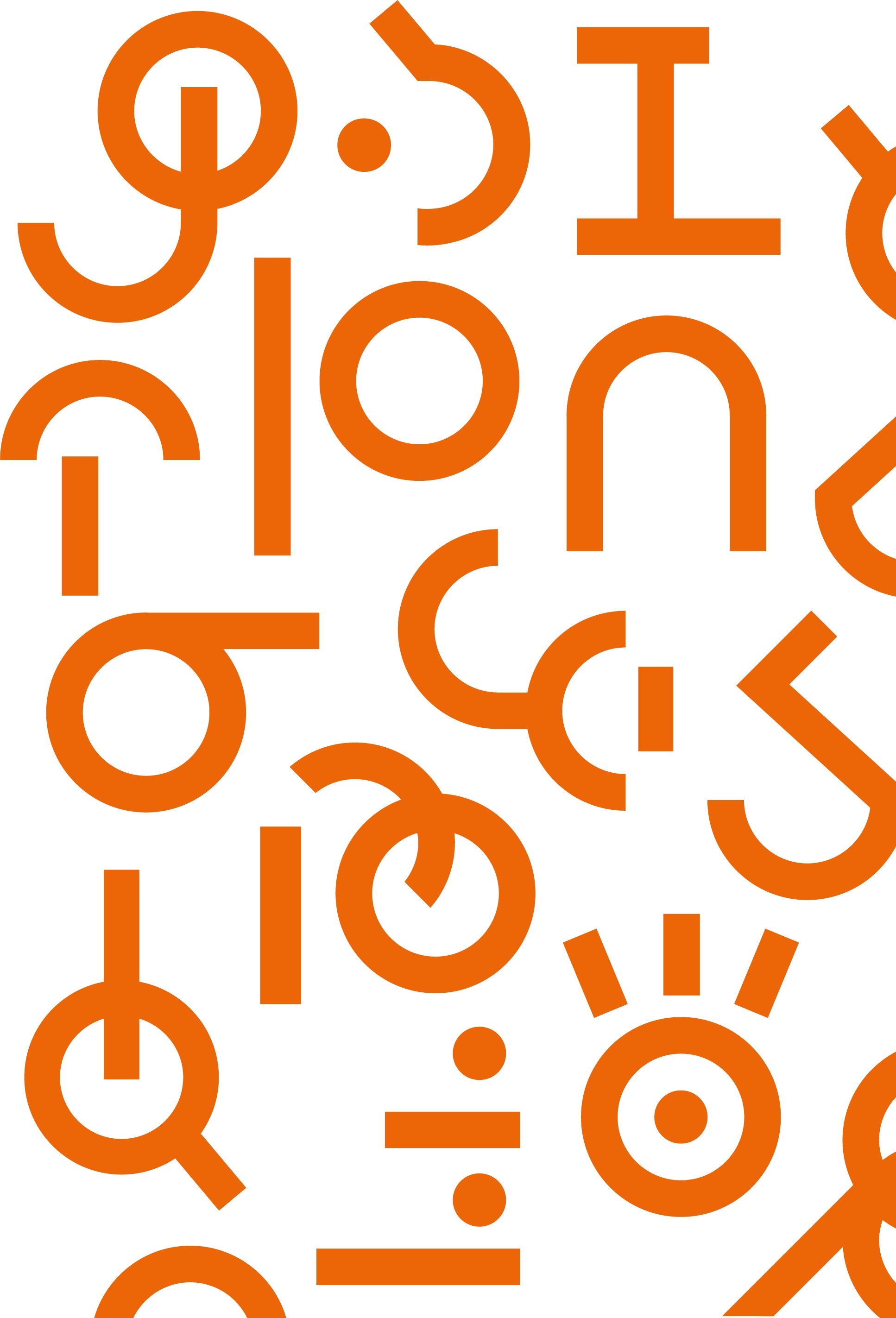
It is 2097 and your piece is played to an audience of 14 robots, 35 people, and 76 animals of varying sorts, how will they all react and what do you want them to feel?
It's interesting thinking about how my music might be interpreted in the future if anyone cares to listen to it - on one hand, I do want to write music that has the universality to stay relevant, but I also find it very important to channel my contemporary experience into what I do. So really, I hope that future audiences would feel that human connection, feel something of my personality in the music even if contemporary references might be lost. It's worth noting that there's a very small chance I would be able to attend this performance at the grand old age of 104 - just a year older than Elliott Carter reached - and then i'd be able to see how the audience reacts myself.
In an ideal world when and how should people listen to your music?
Honestly, I'm very happy for people to experience it any way they like, whether it's in a concert hall or over smartphone speakers. I've probably had equally profound or formative musical experiences listening to both live orchestras and youtube videos. I have to say though, one of my most joyful moments as a composer was the first time I saw an audience react to my piece FILTH, written for Orchester im Treppenhaus' "DISCO" series that takes place in dance clubs and at electro festivals. Seeing an audience actually dance to my music in a really intense way, and react in real time to the musical decisions I had made was such a refreshing moment for me.
If you could invent a new instrument what would it look like and how would it sound?
This is interesting, because I feel that inventing instruments is very often my approach to the conundrum of writing solo music. I feel very free when writing for orchestra and large ensemble, but solo music always feels like something I have to slowly work my way through, and often this is done by "inventing" a novel way of playing. For example, my solo harp piece No One: Volume 1 uses a screwdriver to slide on one string throughout the entire piece, turning the harp from something very fixed into something much more fluid. Or in my piece Someone for solo recorder, I turned a melody instrument into something that could play three-part harmony by having the player use two recorders at once and sing. Most substantially perhaps is my piece MORROW that was written for a brand new type of keyboard with sensors in each key that detect where exactly the player's finger is on the key. Rather than use these sensors to control pitch microtonally as the designers intended, I devised a system whereby each key becomes a sampler repeatedly playing the same pitch, with the player's finger position controlling how loudly the pitch plays, and how quickly it repeats.
Text: On Composing and Fatherhood
As well as being an expectant first-time father, I also find myself fully immersed in a professional life as a composer - the ambition I have been working towards for more than a decade. Rather than seeing these elements of my life as being in competition with each other, I quickly realised that this was actually very good for me. It is easy to put your entire conception of yourself into your art or career. This can lead to an obsession with comparing yourself to others, seeing how you "rank" on the imaginary league table of your peers and possibly forgetting what it is you like about composing in the first place - an inevitable end-point of a field (in the UK at least) so starved of professional opportunities, where ever-changing reputation is a major factor on someone's earnings in any given year.
My iminent fatherhood has shifted my outlook on myself and my work in a powerful way. Where before I had just one fairly nebulous goal - be a composer - filled with insecurities and doubts, the goal to be a father presents a clearer path: do my best to keep my daughter safe, healthy, and happy for the rest of my life. With this, I can already feel my sense of self shifting away from the league table. Being a composer is my work, and I want to take that work as seriously as possible, using every experience from my life - but being a father is how I can understand my place in the world.
AN INTERVIEW WITH ROBIN HAIGH
For a convetional biography
CLICK HERE

